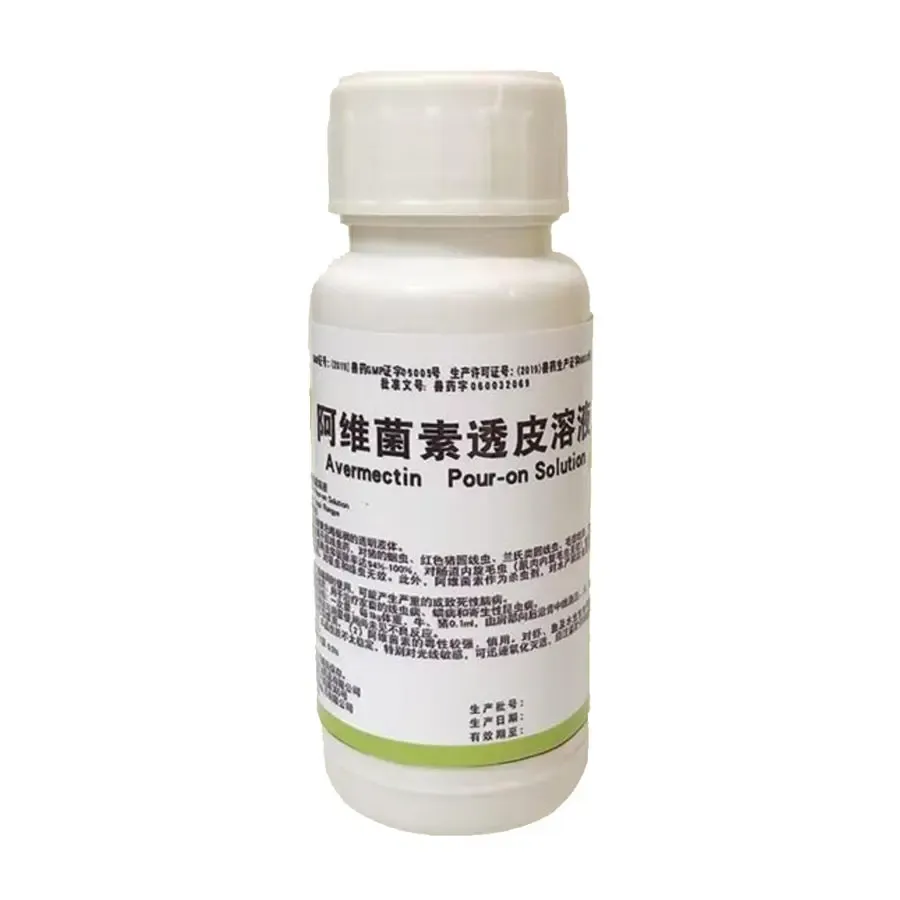- Afrikaans
- Albanian
- Amharic
- Arabic
- Armenian
- Azerbaijani
- Basque
- Belarusian
- Bengali
- Bosnian
- Bulgarian
- Catalan
- Cebuano
- Corsican
- Croatian
- Czech
- Danish
- Dutch
- English
- Esperanto
- Estonian
- Finnish
- French
- Frisian
- Galician
- Georgian
- German
- Greek
- Gujarati
- Haitian Creole
- hausa
- hawaiian
- Hebrew
- Hindi
- Miao
- Hungarian
- Icelandic
- igbo
- Indonesian
- irish
- Italian
- Japanese
- Javanese
- Kannada
- kazakh
- Khmer
- Rwandese
- Korean
- Kurdish
- Kyrgyz
- Lao
- Latin
- Latvian
- Lithuanian
- Luxembourgish
- Macedonian
- Malgashi
- Malay
- Malayalam
- Maltese
- Maori
- Marathi
- Mongolian
- Myanmar
- Nepali
- Norwegian
- Norwegian
- Occitan
- Pashto
- Persian
- Polish
- Portuguese
- Punjabi
- Romanian
- Russian
- Samoan
- Scottish Gaelic
- Serbian
- Sesotho
- Shona
- Sindhi
- Sinhala
- Slovak
- Slovenian
- Somali
- Spanish
- Sundanese
- Swahili
- Swedish
- Tagalog
- Tajik
- Tamil
- Tatar
- Telugu
- Thai
- Turkish
- Turkmen
- Ukrainian
- Urdu
- Uighur
- Uzbek
- Vietnamese
- Welsh
- Bantu
- Yiddish
- Yoruba
- Zulu
8 月 . 14, 2024 07:13 Back to list
Exploring the Role of Colistin Sulphate in Poultry Farming and Its Impact on Animal Health
The Uses of Colistin Sulphate in Poultry
Colistin sulphate, an antibiotic belonging to the polymyxin class, has gained significant attention in the poultry industry over the past few decades. Primarily used for its antimicrobial properties, colistin plays a crucial role in promoting health and growth in poultry, particularly in the prevention and treatment of bacterial infections. This article explores the various applications of colistin sulphate in poultry farming, its benefits, and the associated concerns regarding antibiotic resistance.
Background
Colistin was originally discovered in the 1940s and has been used primarily to treat infections caused by Gram-negative bacteria. In poultry, it is primarily employed to combat infections caused by pathogens such as Escherichia coli and Salmonella spp. These bacteria can lead to serious health issues and affect the overall productivity of poultry.
Applications in Poultry
1. Disease Prevention One of the main uses of colistin in poultry is for the prevention of infections. Poultry farms often face challenges from pathogens, especially in crowded environments where birds are in close contact. Colistin is administered through feed or water to help reduce the burden of harmful bacteria and lower the incidence of disease outbreaks.
2. Growth Promotion In addition to its therapeutic effects, colistin is used as a growth promoter. While the practice of using antibiotics for growth promotion has faced scrutiny, colistin has been shown to enhance feed efficiency and weight gain in chickens and other poultry. This is particularly vital in intensive farming systems, where optimizing growth rates is essential for profitability.
3. Treatment of Infections In cases where flocks show signs of bacterial infections, colistin can be a critical part of the treatment plan. It is especially effective against multi-drug resistant bacterial strains, making it a valuable option when other antibiotics may fail.
colistin sulphate uses in poultry

Benefits
The benefits of using colistin in poultry are manifold. Firstly, it significantly reduces mortality rates associated with bacterial diseases, leading to healthier flocks and increased yield. Moreover, its use can help decrease the need for more expensive veterinary interventions and reduce the prevalence of disease-related losses in production. Furthermore, growth promotion can lead to more economically viable poultry operations, aligning with the industry's goal of meeting the growing global demand for poultry meat.
Concerns and Resistance
Despite its benefits, the use of colistin in poultry has raised serious concerns regarding antibiotic resistance. The World Health Organization (WHO) has classified colistin as a last-resort antibiotic, meaning it should only be used when other treatments are ineffective. The overuse of colistin in livestock can lead to the development of resistant bacteria, which can then be transmitted to humans through the food chain or direct contact, complicating the treatment of bacterial infections in human medicine.
Regulatory frameworks in many countries are evolving to address these concerns, with restrictions on the use of colistin and other antibiotics in food animals. This has prompted the poultry industry to seek alternative strategies for disease prevention and growth promotion, such as improved biosecurity measures, vaccination programs, and the use of prebiotics and probiotics.
Conclusion
Colistin sulphate remains an important tool in the poultry industry, playing a critical role in disease prevention and promoting growth. However, the increasing concerns surrounding antibiotic resistance necessitate a balanced approach to its management. As the poultry industry evolves, the focus on sustainable practices and responsible antibiotic use will be essential to ensure both animal health and public safety. Looking forward, ongoing research will be vital in finding effective alternatives to mitigate the risks associated with antibiotic use in poultry production.
-
The Power of Radix Isatidis Extract for Your Health and Wellness
NewsOct.29,2024
-
Neomycin Sulfate Soluble Powder: A Versatile Solution for Pet Health
NewsOct.29,2024
-
Lincomycin Hydrochloride Soluble Powder – The Essential Solution
NewsOct.29,2024
-
Garamycin Gentamicin Sulfate for Effective Infection Control
NewsOct.29,2024
-
Doxycycline Hyclate Soluble Powder: Your Antibiotic Needs
NewsOct.29,2024
-
Tilmicosin Premix: The Ultimate Solution for Poultry Health
NewsOct.29,2024













